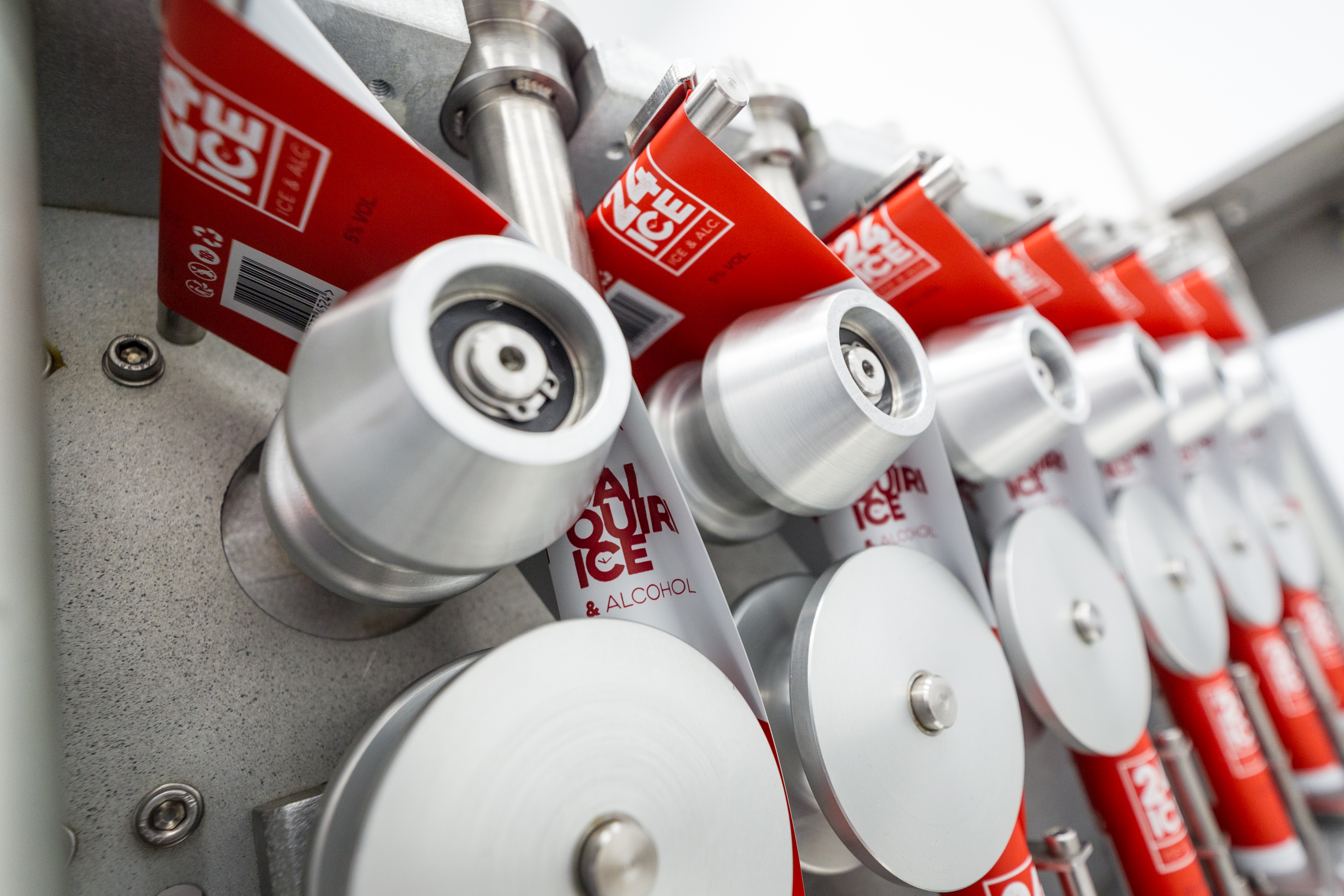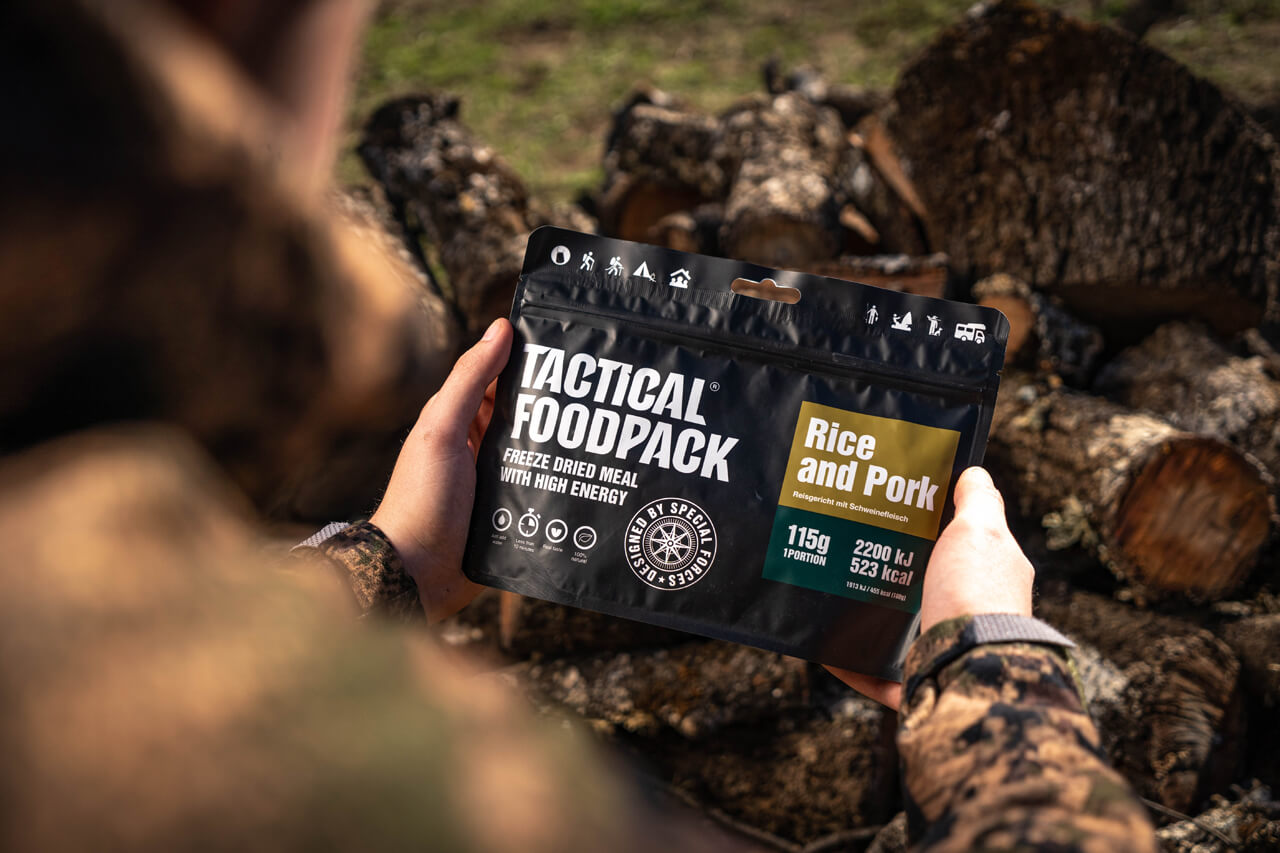


Sustainable packaging is no longer just a trend; it has become a necessity. As we delve deeper into the 21st century, the environmental impacts of our consumption habits are more evident than ever. From coffee packaging to wine Custom Packaging pouch packaging, and from supplement packaging to liquid packaging, industries are seeking innovative ways to minimize their carbon footprints while still meeting consumer demands. In this comprehensive article, we'll explore sustainable packaging solutions across various industries, highlighting best practices, innovations, and the importance of eco-friendly choices.
The Importance of Sustainable Packaging
Sustainable packaging refers to the development and use of packaging solutions that have minimal environmental impact throughout their lifecycle. This includes materials that are biodegradable, compostable, or recyclable. The importance of sustainable packaging cannot be overstated:
- Environmental Impact: Traditional packaging often contributes significantly to landfill waste and pollution. By opting for sustainable options, companies can reduce their ecological footprint. Consumer Demand: Today's consumers are increasingly environmentally conscious. Many prefer brands that prioritize sustainability in their operations. Regulatory Compliance: Governments worldwide are introducing regulations aimed at reducing plastic waste. Adopting sustainable practices can help companies stay ahead of these regulations.
Exploring Sustainable Packaging Solutions Across Industries
1. Coffee Packaging: A Brew-tiful Shift Towards Sustainability
Coffee is one of the most consumed beverages globally. However, traditional coffee packaging often involves non-recyclable materials that contribute to waste. Here’s how companies are making a change:
1.1 Biodegradable Coffee Bags
Many brands are now using biodegradable materials for their coffee bags. These bags not only keep the coffee fresh but also break down naturally over time.
1.2 Recyclable Packaging Options
Recyclable coffee packaging allows consumers to dispose of their bags responsibly. These options often include paper-based materials or special plastics designed for recycling.
2. Wine Pouch Packaging: Sip Sustainably
Wine pouch packaging is becoming increasingly popular due to its lightweight nature and reduced carbon footprint.
2.1 Benefits of Wine Pouches
- Reduced Shipping Costs: Lightweight pouches lower transportation costs and emissions. Less Glass Waste: Pouches eliminate the need for glass bottles, which can be heavy and energy-intensive to produce.
2.2 Compostable Wine Packaging Solutions
Some manufacturers are developing compostable wine pouches made from plant-based materials that can decompose in industrial composting facilities.
3. Supplement Packaging: Health-Conscious and Eco-Friendly
The supplement industry is booming, but with it comes concerns about excessive plastic use in product packaging.
3.1 Refillable Supplement Containers
Refillable containers encourage customers to reduce waste by purchasing refill packs instead of new containers.
3.2 Eco-Friendly Labels and Printing Techniques
Using soy-based inks and recycled paper for labels contributes to a greener supply chain while maintaining brand integrity.
4. Liquid Packaging: Taming the Tide of Waste
Liquid products often come with challenges regarding spillage and preservation.
4.1 Stand Up Pouch Packaging for Liquids
Stand up pouches have become popular for liquid products due to their durability and shelf stability while being lighter than traditional containers.
4.2 Innovations in Liquid Cartons
Some brands are exploring plant-based liquid cartons that offer an eco-friendly alternative without sacrificing quality.
5. Retail Packaging Solutions: A Consumer-Centric Approach
Retailers play a crucial role in promoting sustainable practices through their product offerings.
5.1 Minimalist Packaging Design
Minimalist designs not only appeal aesthetically but also reduce material usage significantly.
5.2 Bulk Buying Options for Retailers
Encouraging bulk purchases helps minimize individual product packaging waste among consumers.
6. The Role of Recycled Packaging in Sustainability Efforts
Recycled packaging plays a vital role in sustainability efforts across industries by giving new life to used materials.
6.1 Types of Recycled Materials Used in Packaging
- Post-consumer recycled (PCR) plastics Recycled paper products Glass made from recycled content
7. Compostable Packaging: Nature's Friend? Yes!
Compostable packaging is designed to break down into natural elements within a compost environment.
7.1 Standards for Compostability
Understanding what constitutes true compostability is essential for both consumers and manufacturers alike.
7.2 Compostable Stand Up Pouches
These innovative pouches provide convenience while ensuring they contribute positively back into the environment after disposal.
8. Medical Packaging: Ensuring Safety While Being Eco-Conscious
Medical packaging must meet stringent safety standards while also considering environmental impacts.
8.1 Sustainable Medical Packaging Materials
Using recyclable or bio-based materials can help address medical waste issues without compromising safety standards.
9. Food Packaging Pouch Innovations
Food safety remains paramount when discussing food package innovations; however, sustainability must also be prioritized.
10. Biohazard Specimen Bags: Balancing Safety with Sustainability
Biohazard specimen bags must adhere strictly to safety protocols but there's room for sustainability.
11. The Future of Sustainable Retail Practices
Retailers need creative strategies that resonate with environmentally-conscious consumers.
FAQs About Sustainable Packaging Solutions
Q1: What makes stand-up pouch packaging advantageous?
A: Stand-up pouch packaging maximizes shelf space efficiency while being lightweight, reducing shipping costs and emissions compared to https://www.daklapack.us/ custom product packaging traditional containers like glass bottles or jars.
Q2: Are there truly eco-friendly options in supplement packaging?
A: Yes! There are numerous brands offering recyclable or compostable supplement containers along with refill packs that minimize waste production over time.
Q3: How does recycled packaging contribute towards sustainability?
A: Recycled packages utilize pre-existing materials thus reducing reliance on virgin resources which lowers energy consumption during production processes contributing positively toward environmental preservation efforts!
Q4: Can all types of food packages be made sustainably?
A: While many food packages can adopt sustainable practices such as using biodegradable films or recyclable cardboard boxes—there remain challenges depending on specific food requirements related freshness/durability etc., necessitating tailored approaches per product line!
Q5: What options exist regarding medical packaging sustainability?
A: Innovations include utilizing bioplastics derived from renewable sources as well as designing multi-use systems—both reducing overall waste generation whilst maintaining compliance with healthcare regulations!
Q6: Why choose compostable over recyclable options?
A: Compostables offer an end-of-life solution where they break down entirely into organic matter versus recyclables needing processing facilities—making compostables ideal where infrastructure supports such programs!
Conclusion
As we traverse through various industries’ approaches towards sustainable packing solutions—from coffee bags crafted from plant fibers aiming at freshness retention; wine pouches minimizing energy expenditure during transport; supplements embracing refill models alongside eco-labeling techniques—it’s clear each sector finds unique pathways forward driven by environmental consciousness reflected within consumer preferences today!
Adopting these innovative alternatives not only addresses pressing ecological concerns faced by modern society but sets precedence paving future endeavors too! It’s time every business re-examines its operational strategies aligning them closely with sustainable goals reflecting values shared universally—a healthier planet awaits us all!